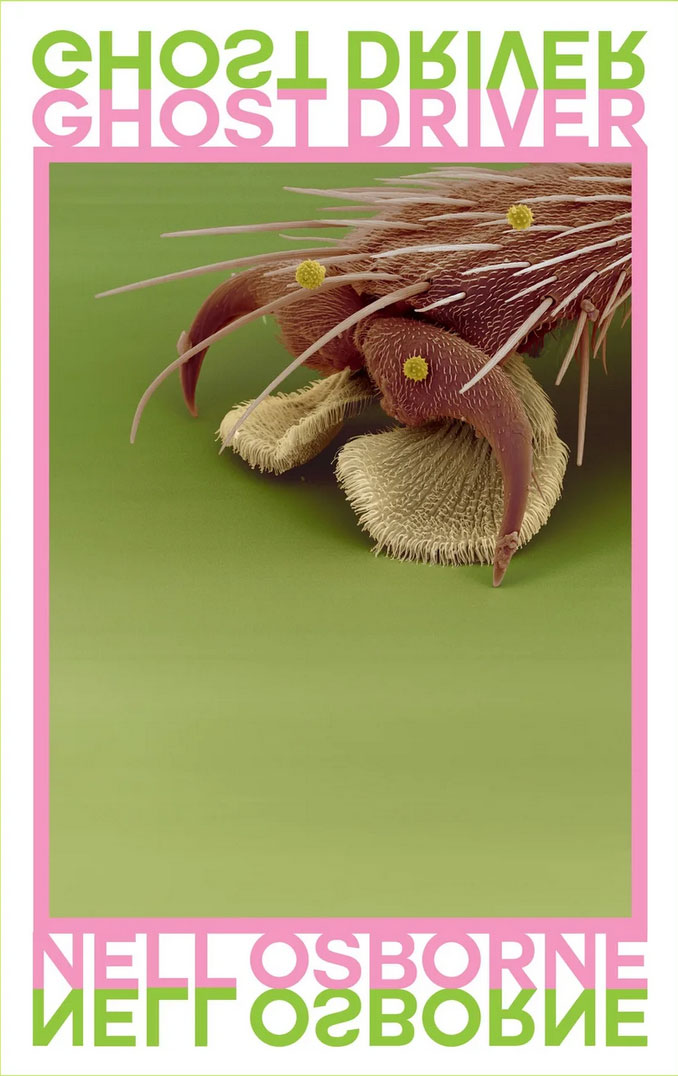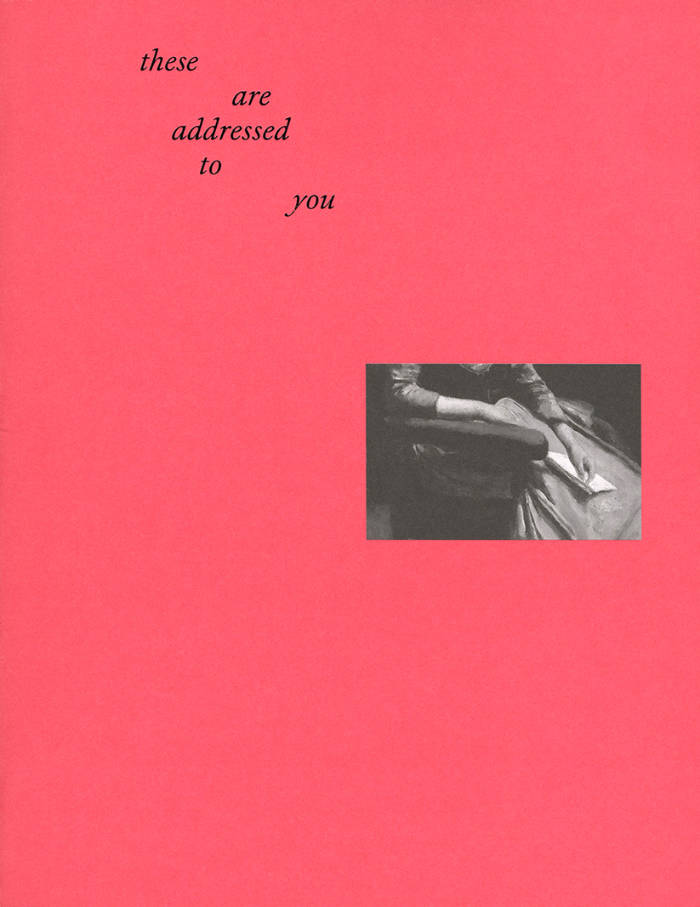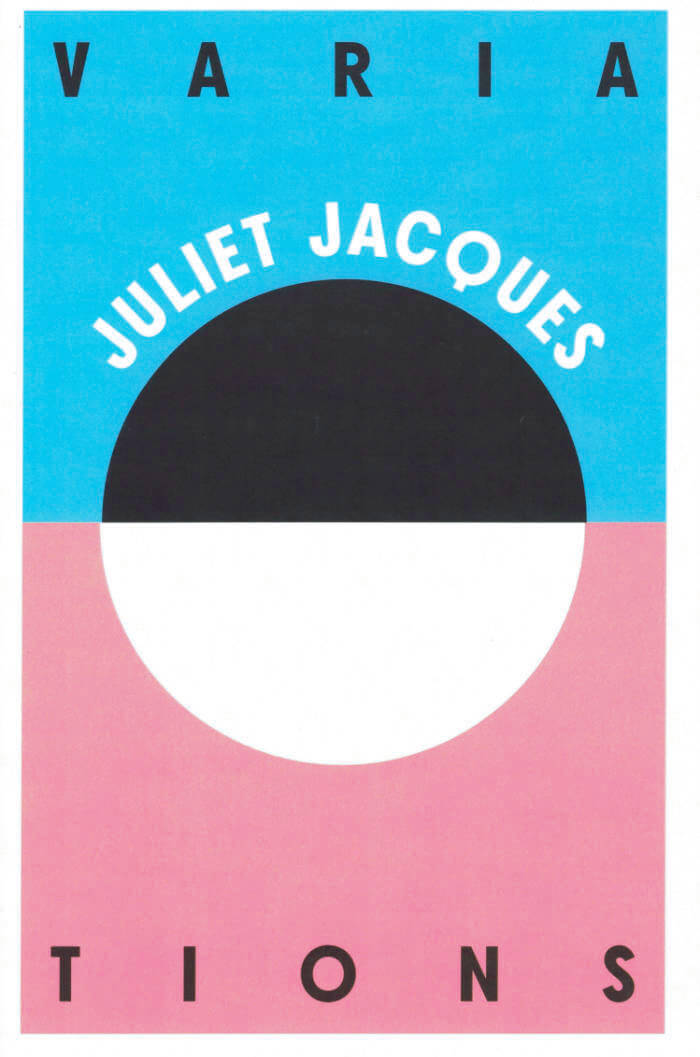
ABÉCÉDAIRE
“I wrote (more or less, for promises are always hard to keep, even those made to oneself ) for five days a week for a year. I wrote no more than a page, or rather, I wrote only for the length of the analytic hour, fifty minutes (though I also practiced the variable session at times)… I followed Freud’s model of train travel for his theory of free association, acting ‘as though, for instance, [you were] a traveller sitting next to the window of a railway carriage and describing to someone inside the carriage the changing views which [you] see outside’. As for my characters, many of their names begin with A. Some of these women exist or existed, others are from fiction, or write fiction. Some are friends or acquaintances. None are credited but a keen reader could recognise many of them. I invented nothing. I am the aleph.”







